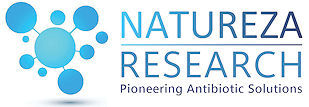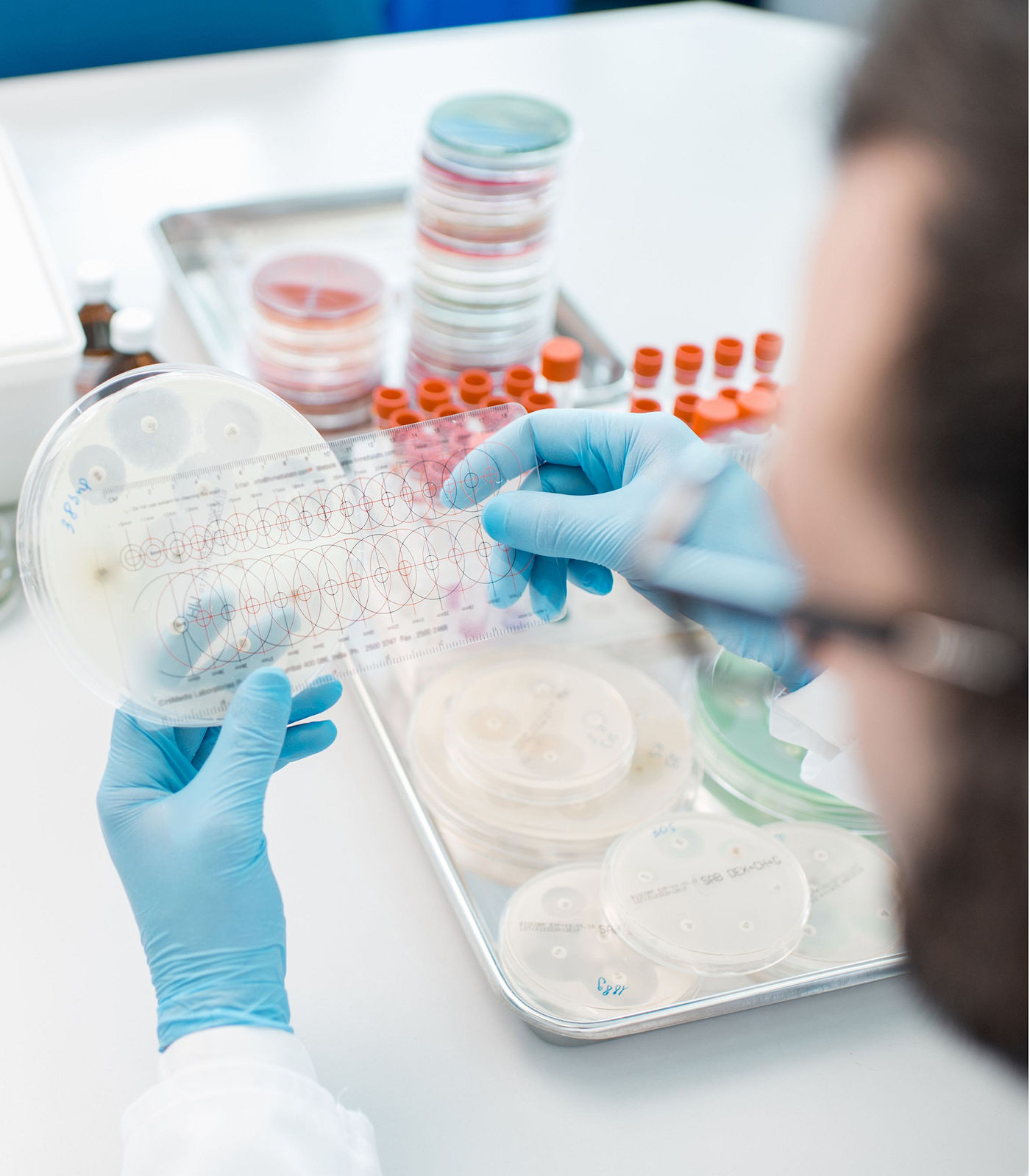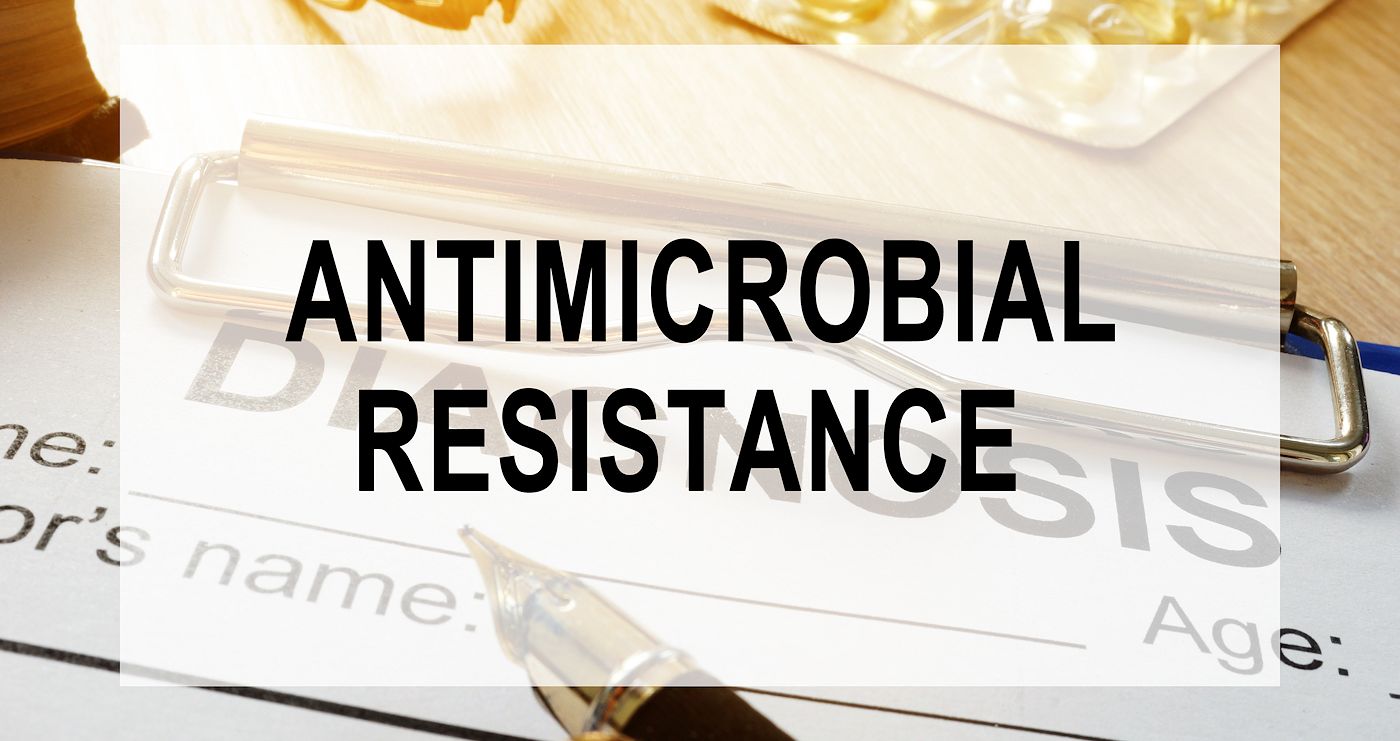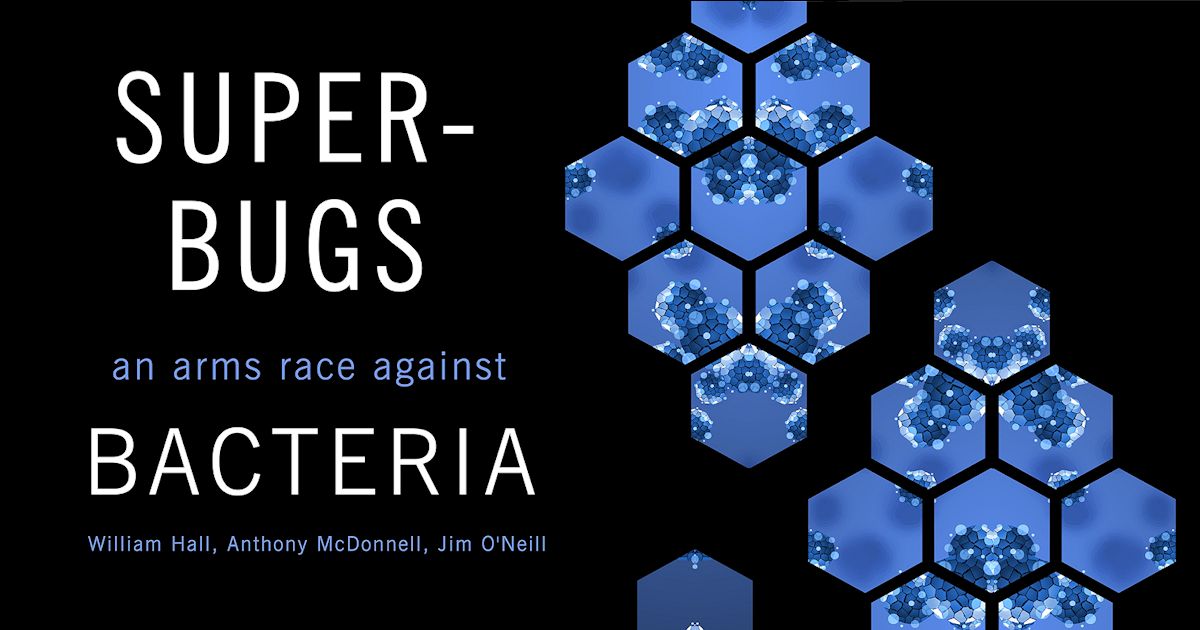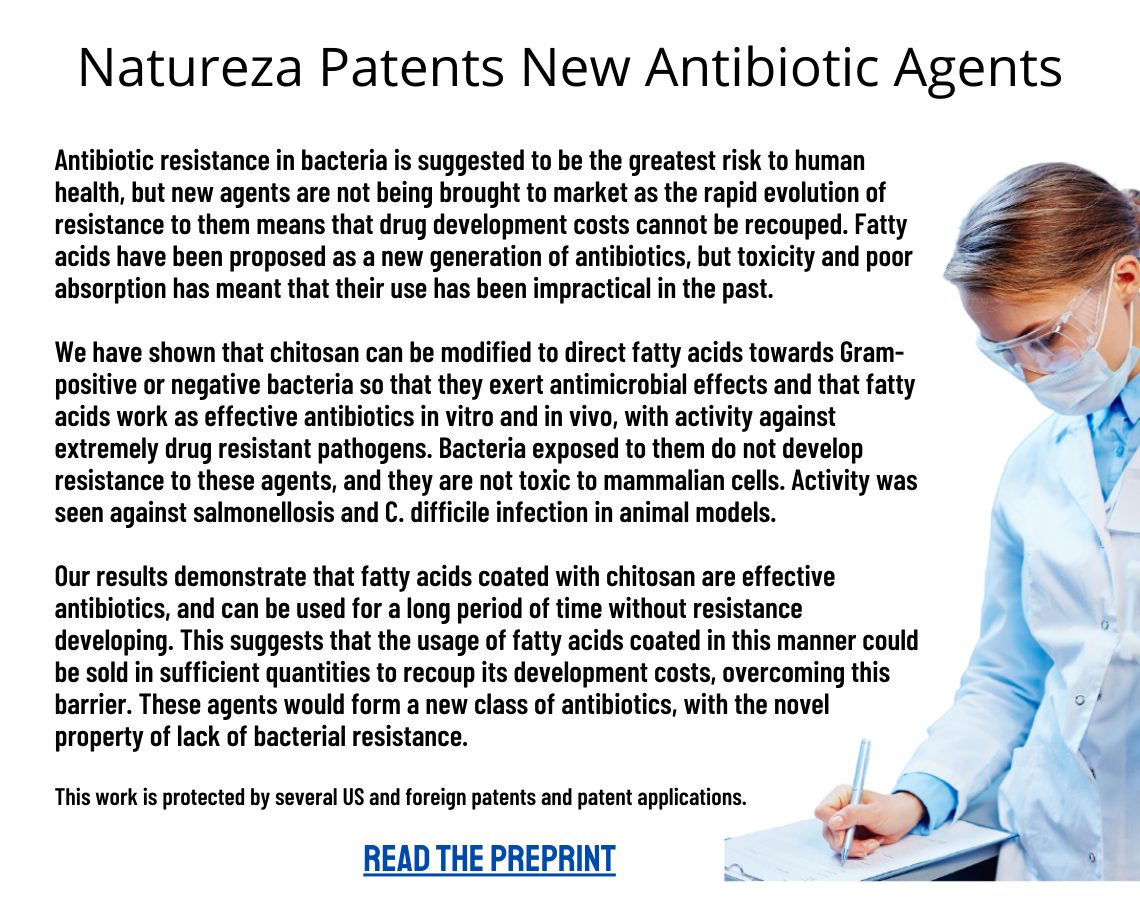Natureza Patents New Antibiotic Agents
Natureza Patents New Antibiotic Agents
Antibiotic resistance in bacteria is suggested to be the greatest risk to human health, but new agents are not being brought to market as the rapid evolution of resistance to them means that drug development costs cannot be recouped. Fatty acids have been proposed as a new generation of antibiotics, but toxicity and poor absorption has meant that their use has been impractical in the past.
We have shown that chitosan can be modified to direct fatty acids towards Gram-positive or negative bacteria so that they exert antimicrobial effects and that fatty acids work as effective antibiotics in vitro and in vivo, with
activity against extremely drug resistant pathogens. Bacteria exposed to them do not develop resistance to these agents, and they are not toxic to mammalian cells. Activity was seen against salmonellosis and C. difficile infection in animal models.
Our results demonstrate that fatty acids coated with chitosan are effective antibiotics, and can be used for a long period of time without resistance developing. This suggests that the usage of fatty acids coated in this manner could be sold in sufficient quantities to recoup its development costs, overcoming this barrier. These agents would form a new class of antibiotics, with the novel property of lack of bacterial resistance.
This work is protected by several US and foreign patents and patent applications.
